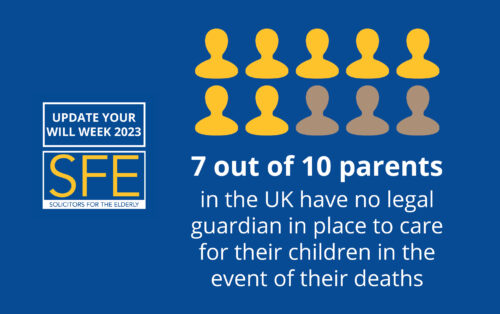Family law and divorce solicitors
Divorce Financial Settlement Solicitors
Why you may need financial settlement solicitors during a divorce
For many people, the financial and practical issues associated with relationship breakdown and divorce are more immediate and pressing than the legal process of the divorce itself but they can seem overwhelming.
At Morr & Co, our family lawyers provide practical and pragmatic advice to guide you through the process and help you make the complex and strategic decisions necessary to reach a financial settlement.
Our team of family law solicitors can advise you on the court’s powers and procedures in relation to a wide range of issues relating to financial arrangements in divorce, dissolution and separation cases.
Why choose Morr & Co as your divorce financial settlement solicitors
We offer a bespoke service and work with our clients to find the procedure that will work best for them and frequently utilise Alternative Dispute Resolution (ADR) to assist our clients to achieve the best outcome in a timely way.
Our family law solicitors are experienced in identifying and advising on a broad spectrum of financial issues that can arise from separation including:
- Property matters
- Pension sharing
- Trust assets
- Business assets
We also have the benefit of in-house advice in relation to the above issues from our Conveyancing, Private Client, Corporate, Commercial, and Tax specialists.
Download our guide to Financial Arrangements
Our Guide to Divorce Proceedings
Meet the team
Frequently Asked Questions
The factors to be considered when considering a financial settlement are set out at s25 of the Matrimonial Causes Act 1973:
- The income, earnings capacity, property and other financial resources which each of the parties to the marriage has or is likely to have in the foreseeable future, including in the case of earning capacity any increase in that capacity which it would, in the opinion of the Court, be reasonable to expect a party to take steps to acquire.
- The financial needs, obligations and responsibilities which each of the parties to the marriage has or is likely to have in the foreseeable future.
- The standard of living enjoyed by the family before the breakdown of the marriage.
- The age of each party and the duration of the marriage.
- Any physical or mental disability of either of the parties to the marriage.
- The contributions which each of the parties has made or is likely to make in the foreseeable future to the welfare of the family, including contributions in looking after the home or family.
- The conduct of each of the parties, if that conduct is so bad that it would be unfair to disregard
The aim is always to ensure that needs are met and fairness achieved and law allows for considerable discretion so that each case can be determined on its own facts and merits.
In broad terms the court can make orders relating to:
- Ownership of property
- Division of capital assets
- Treatment of liabilities
- The sharing of pensions and/or pension income
- Ongoing financial provision ( also known as spousal maintenance)
There are various methods of alternative dispute resolution (ADR). “Alternative” in this context means alternative to court litigation and includes Mediation, Arbitration and Early Neutral Evaluation.
ADR is available in family law for disputes regarding both finances and children. Given the backlogs within the court system and increasing emphasis on trying to avoid the stress and cost of contested litigation, ADR is rapidly gaining in popularity and availability.
Make an enquiry
If you would like to book a consultation, please fill out the form below or use our online family law enquiry tool and someone will get back to you as soon as possible.
View our privacy policy regarding website enquiries.
Our contact form is currently down, please send your enquiry to [email protected] or call us on '01737 854 500'


















